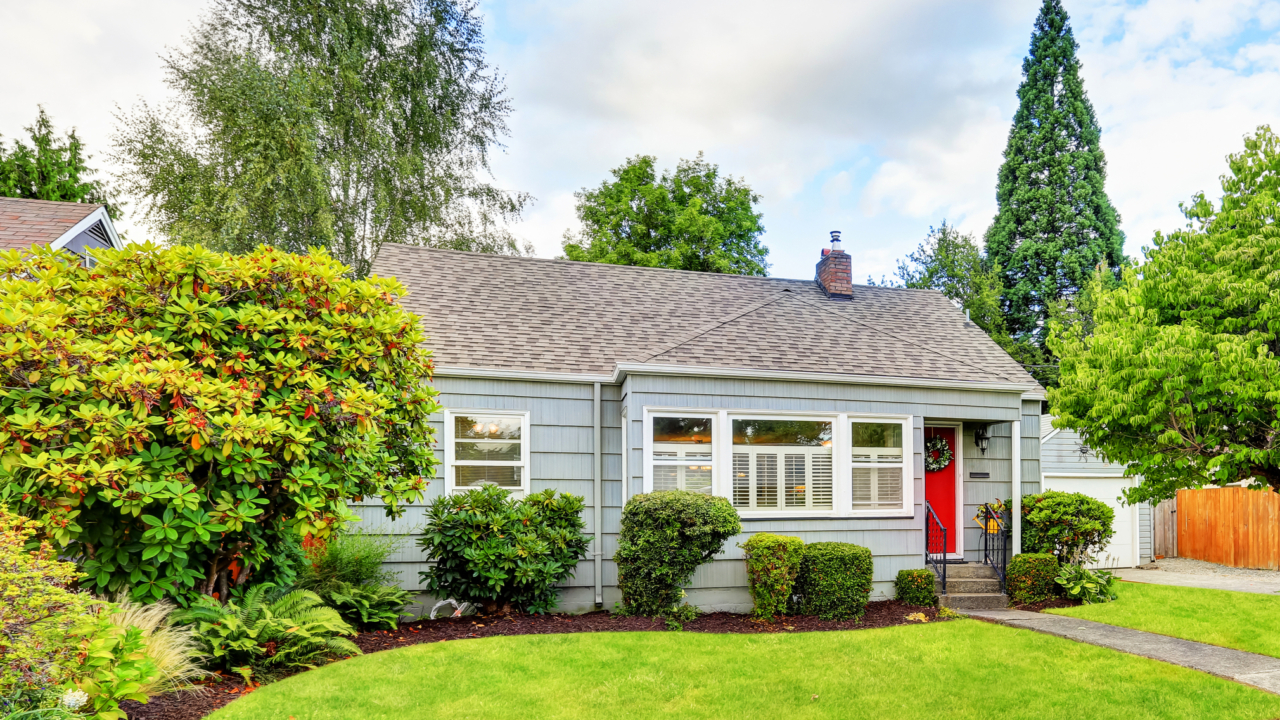What Is an Upfront Mortgage Insurance Premium (UFMIP)?


Written by Alycia Lucio on July 17, 2025
Reviewed by Neil Swanson and Kara Ng
The Federal Housing Administration (FHA) offers low down payment mortgages with some of the lowest credit score requirements. To help lenders offer FHA loans with such great benefits, FHA borrowers must pay an upfront mortgage insurance premium (UFMIP) and an annual mortgage insurance premium (MIP), which is collected monthly with your mortgage payments.
UFMIP is required on all FHA mortgages to protect lenders if a borrower defaults on the loan. While a larger down payment may reduce the annual cost of MIP and how long you’re required to make payments, the upfront mortgage insurance premium costs 1.75% of the total loan amount. You can pay UFMIP upfront at closing or roll the whole amount into the principal of your loan.
UFMIP vs. MIP
UFMIP and MIP are the same FHA mortgage insurance split into two phases. UFMIP is paid upfront at closing, while MIP is paid monthly as part of your mortgage payment. UFMIP is always 1.75% of the loan, however, MIP can be between 0.15% and 0.75% of the loan amount. Your MIP depends on how much you put down, your loan-to-value ratio (LTV), and your loan terms (for example, are you financing for a 15 year term or 30 year term?).
Interested in an FHA loan? Check your loan eligibility with us at Zillow Home Loans* in as little as five minutes without impacting your credit score.
How is UFMIP calculated?
Let’s assume you purchase a $400,000 home with a down payment of 3.5%, or $14,000. This would mean your financing $386,000 of the purchase with an FHA loan.
You can calculate your UFMIP by multiplying the loan amount by the UFMIP rate of 1.75%.
1.75% x $386,000 = $6,755
Assuming your lender assigned you a MIP of 0.75%, your annual MIP would be your loan balance multiplied by you MIP percentage, which would look like this:
0.75% x $386,000 = $2,895
In this scenario, you would need to make a one-time payment of $6,755 in UFMIP at closing. You would pay $2,895 in MIP annually, split into 12 monthly payments of $241.25.
How is UFMIP paid?
UFMIP can be paid at closing or rolled into your loan to be included in your monthly mortgage payments. Lenders often allow borrowers to roll UFMIP into their mortgage to reduce their closing costs. If you prefer to lower monthly payments, it’s best to pay UFMIP as part of your closing costs.
Rolling UFMIP into your mortgage increases your total amount borrowed, which means you’ll pay more interest over time. Using the same example from above, if you were to take out a loan for $386,000 and roll $6,755 into your mortgage, you’d pay interest on $392,755, not $386,000.
You should also keep in mind, you cannot pay a portion of UFMIP at closing and then roll the rest into your loan. You can either pay all of the cost upfront or roll it into your mortgage. You can, however, use the extra funds to make a slightly larger down payment to offset a port of the UFMIP costs.
When is UFMIP required?
UFMIP is required on all FHA loans, regardless of the size of the loan or down payment. MIP, on the other hand, can be removed after 11 years with a down payment of at least 10%.
Conventional loan borrowers don’t have to pay UFMIP or MIP. Instead, they pay for private mortgage insurance (PMI), which works similarly, but isn’t required if you make a 20% down payment. VA and USDA loan borrowers don’t pay any mortgage insurance, but these loans have additional funding fees, or guarantee fees, associated with the loans to keep the programs running.
What happens if you don’t pay UFMIP upfront?
If you prefer not to roll UFMIP into your mortgage, you have to pay the full amount at closing. Failure to make this payment on closing day can delay your loan disbursement and result in penalties. A one-time late fee of 4% is charged on UFMIP payments received more than 10 calendar days after the closing or disbursement date, whichever is later.
Can UFMIP be refunded?
You might qualify for a partial UFMIP refund if you closed on or after January 1, 2001, and are currently paying off or refinancing your FHA loan within five years of closing. You might also qualify for a UFMIP refund if you refinance your existing FHA loan into another FHA loan within three years of getting one. Borrowers can also get UFMIP refunded if they’ve accidentally overpaid, or made a payment to the wrong case number.
*Zillow Home Loans; An equal housing lender. NMLS #10287
How much home can you afford?
At Zillow Home Loans, we can pre-qualify you in as little as 5 minutes, with no impact to your credit score.
Zillow Home Loans, NMLS # 10287. Equal Housing Lender
Get pre-qualifiedHow much home can you afford?
See what's in reach with low down payment options, no hidden fees and step-by-step guidance from us at
Zillow Home Loans.
Zillow Home Loans, NMLS # 10287. Equal Housing Lender
Calculate your BuyAbility℠
Related Articles
Get a mortgage with Zillow Home Loans
Go from dreaming to owning with low down payment options, competitive rates and no hidden fees. A dedicated loan officer will guide you until you have your keys in hand.

Zillow Home Loans, NMLS #10287. Equal Housing Lender.



